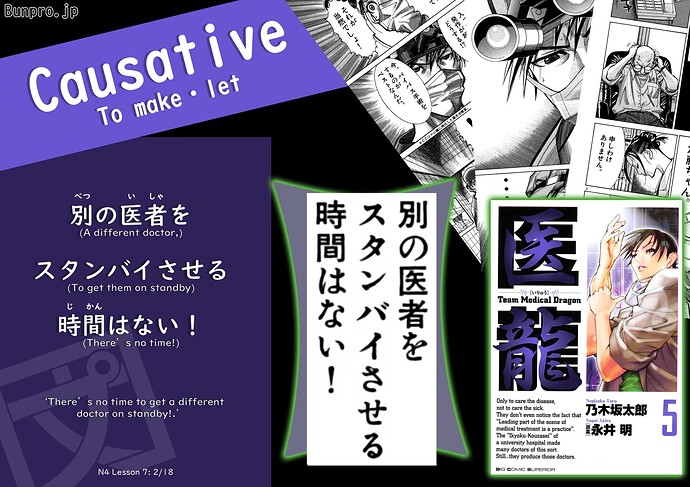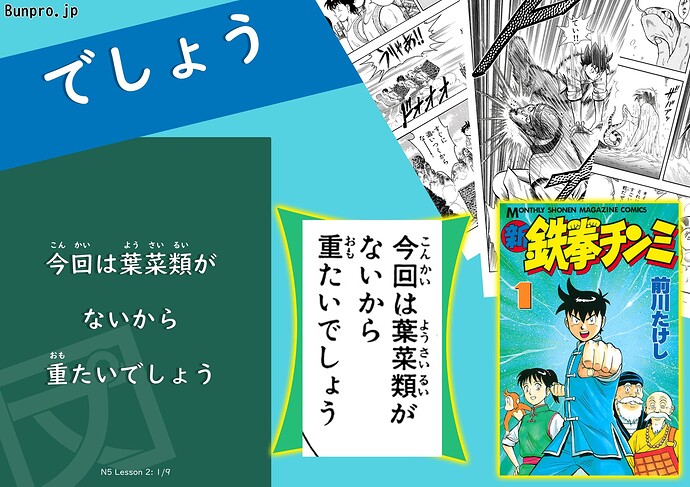August 16th Translation
Notes
Although there were some comments mentioning that this could be several different meanings of さ, this might be a good time to reiterate it, to help point out a common feature of manga. Extremely often, to save on space in panels, a 句点(くてん) 。(full stop) will be omitted, opting for a new line of text instead. If sentences ‘seem’ to stop, but there is no full stop at the end of the line, you can usually safely assume that the author just didn’t include a full stop.

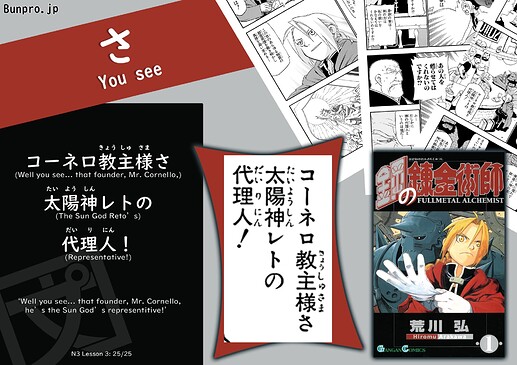
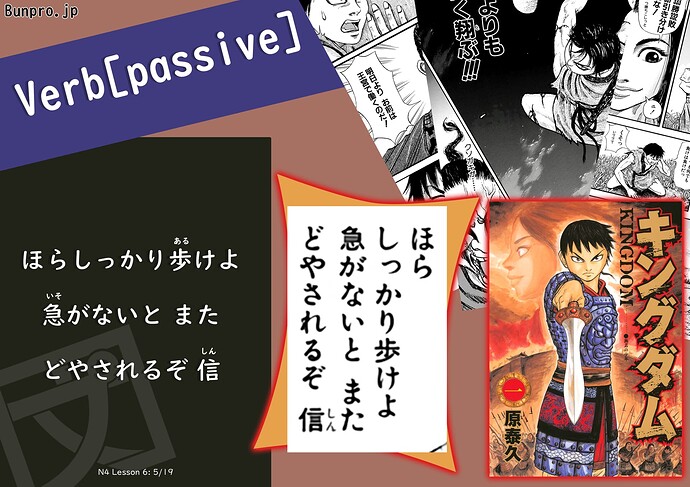




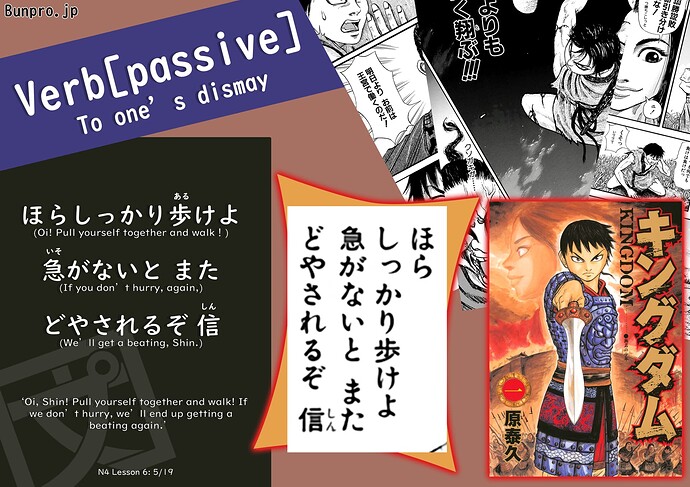
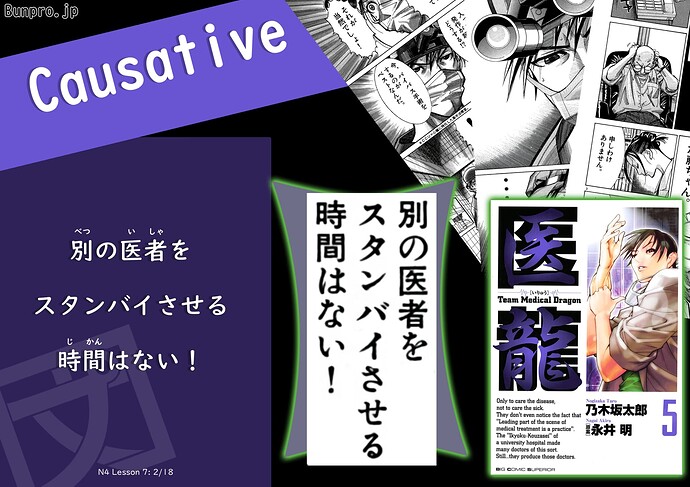
 )
)
 ). If the accusation involved photography (which I wasn’t necessarily implying but that is a conceivable real life scenario) then 盗撮 seems applicable.
). If the accusation involved photography (which I wasn’t necessarily implying but that is a conceivable real life scenario) then 盗撮 seems applicable.  Sorry, I know it’s edgy but I’m finding benefit in these contexts that stick to memory for me…hopefully others as well (as long as say it correctly!)
Sorry, I know it’s edgy but I’m finding benefit in these contexts that stick to memory for me…hopefully others as well (as long as say it correctly!)